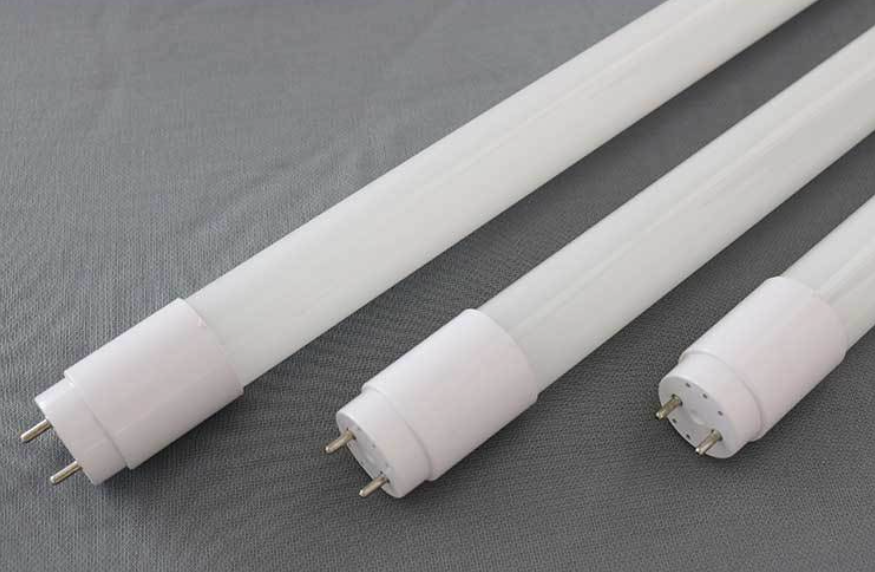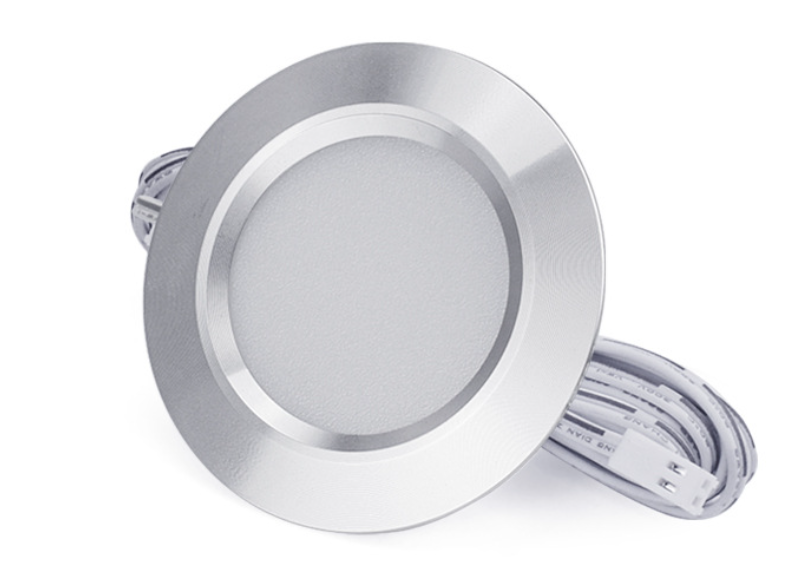Many individuals are now transitioning from traditional incandescent and fluorescent bulbs to LEDs. However, a common question arises: can LED bulbs be used in any type of fixture?

Let’s dive into the topic and explore the details.
Table of Contents
- Introduction
- Advantage of LED Bulbs
- Compatibility with Different Fixtures
- Standard Light Fixtures
- Recessed Lighting
- Pendant Lights
- Ceiling Fans with Lights
- Outdoor Fixtures
- Factors to Consider
- Heat Dissipation
- Dimming Compatibility
- Voltage Requirements
- Benefits of Using LED Bulbs
- Tips for Selecting the Right LED Bulb
- Installation Considerations
- Common Misconceptions
- Conclusion
- Frequently Asked Questions
- Are LED bulbs brighter than incandescent bulbs?
- Do LED bulbs actually save energy?
- Is it okay to use an LED bulb in an enclosed fixture?
- How do I figure out the wattage equivalence for LED bulbs?
- Can LED bulbs be used outdoors?

Introduction
The world of lighting technology has advanced rapidly, and LED (Light Emitting Diode) bulbs have taken center stage. Unlike traditional bulbs that rely on heating a filament to emit light, LEDs produce light through electron movement in a semiconductor material. This innovation has led to lower energy consumption and significantly longer bulb lifespans.
Advantage of LED Bulbs
LED bulbs has various of shapes, sizes, and color temperatures. The compact size and directional lighting capabilities of LED bulbs allows for creative designs in lighting fixtures, andprovide better illumination control.

Compatibility with Different Fixtures
Standard Light Fixtures
LED bulbs can fit into standard screw-in sockets, They are suitable for most lamps, chandeliers, and ceiling fixtures. They can replace old bulbs like incandescent or CFL bulbs quickly and easily without any modifications to the fixture.
Recessed Lighting
LEDs are well-suited for recessed lighting due to their compact size and the focused, directional light they produce. They are widely used for residential and commercial fixtures. It provides efficient and even light for those places.
Pendant Lights
Led bulbs are used for many pendant light fixtures, offering a stylish and energy-efficient lighting option for kitchen islands, dining areas, and more.
Ceiling Fans with Lights
LED bulbs are an excellent choice for ceiling fans with integrated lighting. Comparing with traditional incandescent bulbs ,they provide much more bright light and save more energy to help you reduce electricity bill.
Outdoor Fixtures
If you want to change a bulb for your outdoor fixtures, such as garden lights and pathway lights, Led bulb is an idea choice. They can endure various weather conditions efficiently.
Factors to Consider
Heat Dissipation
LED bulbs are sensitive to heat. Excessive heat can affect on their performance and lifespan. When using LED bulbs in enclosed fixtures, it’s important to ensure proper heat dissipation to prevent overheating.
Dimming Compatibility
Not all LED bulbs are compatible with dimmer switches. When you select dimmable LED bulbs , you have to make sure that your fixture’s dimmer switch is compatible with LEDs. Otherwise, you will face some problems like flickering or buzzing issues.
Voltage Requirements
LED bulbs have specific voltage.for example 110V or 220V. Most household fixtures use standard voltage, but some specialty fixtures may require low-voltage LED bulbs. It’s very important to match the bulb’s voltage with the fixture’s requirements.
Benefits of Using LED Bulbs
- Energy Efficiency: LED bulbs consume significantly less energy than traditional bulbs, leading to reduced energy costs.
- Extended Lifespan: LEDs can last up to 25,000 hours or more, minimizing the need for frequent replacements.
- Instant Lighting: Unlike some bulbs that require time to reach full brightness, LEDs instantly emit full light.
- Durability: LED bulbs are sturdy and resistant to shocks, vibrations, and impacts.
- Color Options: With various color temperatures available, LED bulbs allow you to create the desired ambiance.
Tips for Selecting the Right LED Bulb
- Check Fixture Compatibility: Ensure the LED bulb is suitable for your specific fixture type.
- Lumens Over Watts: Focus on lumens to gauge brightness; LED bulbs have different wattage equivalences than incandescent bulbs.
- Choose the Right Color Temperature: Different color temperatures create distinct lighting effects; choose one that suits your space.
- Look for Energy Star Certification: LED bulbs with Energy Star certification meet stringent standards for energy efficiency and performance.
Installation Considerations
Replacing bulbs with LED alternatives is usually straightforward – remove the old bulb, and screw in the LED bulb. For more complex installations or fixtures with unique requirements, consulting a professional electrician is recommended.
Common Misconceptions
LED Bulbs Are Always Dimmable
Not like incandescent bulbs, They are always dimmable . But for LED bulbs, not all of them have this feature. The Dimmable function should be specially designed. Always check the packaging or product details to ensure dimming compatibility.
LED Bulbs Are Expensive
While LED bulbs may have a higher cost than traditional bulbs,But consider about their energy efficiency and long lifespan, it makes them a cost-effective choice in the long run.
LED Bulbs Emit No Heat
Led bulbs do generate some heat.But it is much less than incandescent bulbs. their heat dissipation mechanisms prevent overheating.
Conclusion
IIn conclusion, LED bulbs provide energy-efficient lighting solution which can be used in a wide range of fixtures. From standard lamps to recessed lighting and outdoor fixtures, LED bulbs offer numerous benefits. By considering some factors such as heat dissipation, dimming compatibility, and voltage requirements, you can ensure a seamless transition to LED lighting in your home or business. Using the lighting technology with LED bulbs and illuminate your spaces more efficiently than ever before.
Frequently Asked Questions
- Are LED bulbs brighter than incandescent bulbs? LED bulbs can provide arround 10 times bright light than the same watt of incandescent bulbs.
- Do LED bulbs really save energy? Yes, To provide the same light , LED bulbs only consume 1/10 of electricity than incandescent bulbs.
- Can I use an LED bulb in a fully enclosed fixture? It depends on the LED bulb’s specifications. Some LED bulbs are designed for enclosed fixtures, while others require adequate ventilation.
- How can I determine the wattage equivalence of an LED bulb? Focus on lumens instead of watts. Usually ,1W Leds equals to at least 10W incandescent bulbs .
- Can LED bulbs be used outdoors? Yes, many LED bulbs are designed for outdoor fixtures, as long as the fixture has good performance about water resistance.
